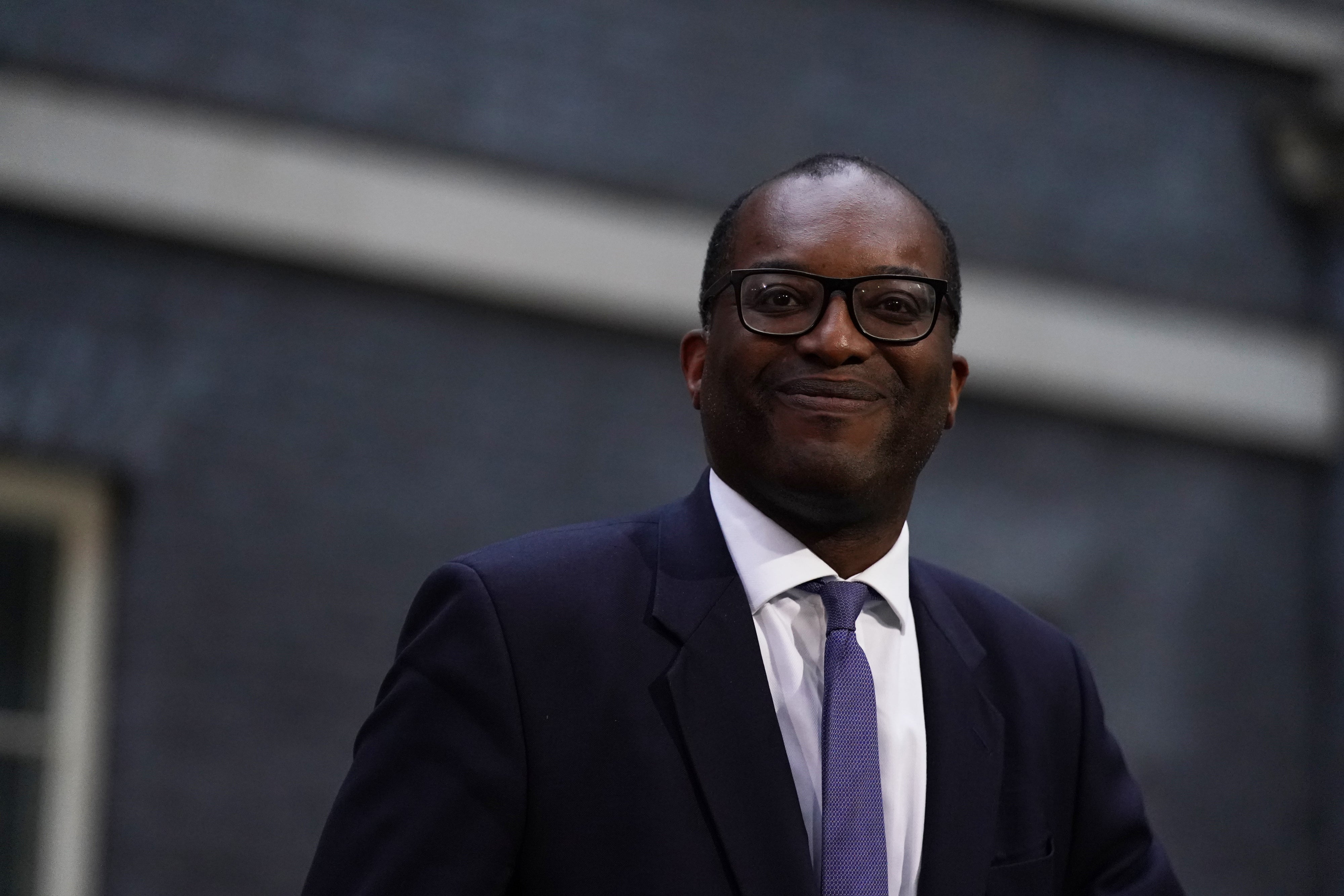Chancellor’s mini-budget to pile on debt interest, warns Tony Blair Institute
It comes after days of market turmoil as traders swallowed the impact of the Chancellor’s growth plan, which included £45 billion of tax cuts.

Your support helps us to tell the story
This election is still a dead heat, according to most polls. In a fight with such wafer-thin margins, we need reporters on the ground talking to the people Trump and Harris are courting. Your support allows us to keep sending journalists to the story.
The Independent is trusted by 27 million Americans from across the entire political spectrum every month. Unlike many other quality news outlets, we choose not to lock you out of our reporting and analysis with paywalls. But quality journalism must still be paid for.
Help us keep bring these critical stories to light. Your support makes all the difference.
The mini-budget unveiled by the Chancellor last week will pile on higher debt interest but only grow the economy by 0.1% each year until 2027, experts have warned.
New research by the Tony Blair Institute for Global Change (TBI) and Oxford Economics claims the economy will only be 0.4% larger by 2027 than it would have been without the tax cut package.
It comes after days of market turmoil as traders swallowed the impact of the Kwasi Kwarteng’s growth plan, which included £45 billion of tax cuts.
The government’s growth plan is all pain, little gain for the UK taxpayer and our economy
On Monday, the pound sank to a record low while yields on government bonds, known as gilts, surged amid concerns over the potential impact of the new Government’s policies on borrowing.
On Wednesday, the Bank of England launched an emergency UK government bond-buying programme to prevent borrowing costs from spiralling out of control.
The new research comes after the Government refused to let the Office for Budget Responsibility issue forecasts linked to the mini-budget, although the Chancellor has since confirmed the OBR will publish full projections by November.
The TBI said its forecasts show the Chancellor’s plans “set to fall well short of the Chancellor’s stated aim of boosting growth back to 2.5% from the OBR’s previous assessment of trend growth settling at around 1.7% per year”.
It also highlighted significant pressure from debt interest costs over the coming five years.
Ian Mulheirn, chief economist at the TBI, said: “The direct cost of the tax cuts will add £169 billion over the next five years, but by pushing interest rates significantly higher than they would have been, the tax giveaway will also pile on £82 billion in debt interest costs for the government over the same period.
“This additional debt interest alone is worth almost twice the cost of the entire HS2 rail project.
“Put plainly, our forecast demonstrates that the government’s growth plan is all pain, little gain for the UK taxpayer and our economy.”
Subscribe to Independent Premium to bookmark this article
Want to bookmark your favourite articles and stories to read or reference later? Start your Independent Premium subscription today.